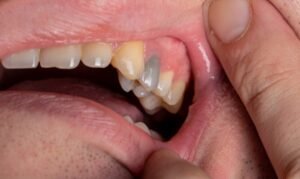Dental implants are often hailed as a fix for missing teeth. But, what about the health of your gums around them? Can you lose your gums around dental implants? Let’s delve into this question to understand the factors at play and what you can do to maintain gum health.
Understanding Gum Recession
Gum recession, also called gingival recession, happens when the gum tissue wears away. It pulls back from the teeth. This exposes more of the tooth or its root, leading to potential complications. Various factors can cause receding gums. These include poor oral hygiene, gum disease, smoking, teeth grinding, and genetics.
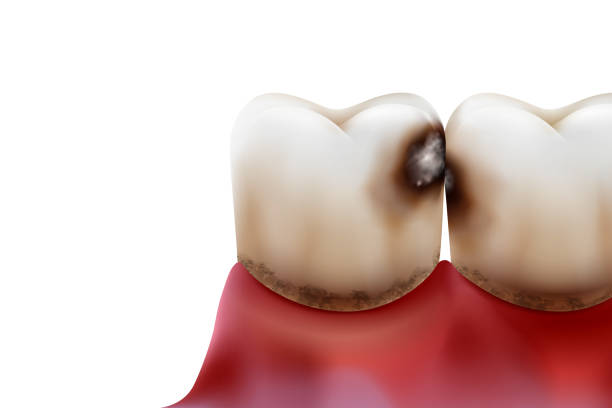
Impact of Gum Recession on Dental Implants
Gum recession can indeed pose challenges for dental implant procedures. Implants need a stable jawbone and gums. Recession may greatly affect the process. You must treat gum recession first. Do this before considering dental implants. It ensures a good result.
Causes of Gum Recession
Gum recession can have many causes. These include gum disease, tobacco use, teeth grinding, and poor oral hygiene. Also, tooth loss, hormones, genes, and misaligned teeth. Finding the root cause is key. It helps with treating and preventing more gum recession.
Also read: How much do All-on-4 dental implants cost in the UK?
Prevention and Treatment
Preventing gum recession involves adopting a strict oral hygiene routine. This includes gentle brushing, flossing, and regular dental check-ups. If gums recede, treatments may include scaling and root planing. Antibiotics are an option. Mouthguards for teeth grinding and orthodontic treatment may also be recommended.
Also read: How Much Do Dental Implants Cost in Scotland?
Impact on Dental Implant Candidacy
Before getting dental implants, we must check the gums and jawbone. Severe gum recession may require more procedures. These can include soft tissue augmentation. They restore gum tissue and create a stable base for implants. Consulting with an experienced implantologist is crucial. They will determine if you are a candidate and plan your treatment.

Maintaining Gum Health After Implant Surgery
Once dental implants are in place. Keeping gums healthy is key. It prevents issues like gum recession. Good oral hygiene helps. It includes regular brushing, flossing, and cleanings by a professional. These practices can preserve gum tissue and support the longevity of dental implants.
Also read: Can 1 Implant Replace 2 Teeth?
Conclusion
Gum recession can challenge dental implant procedures. But, it doesn’t always stop you from getting implants. Proper evaluation, treatment, and care can help. They let people with gum recession succeed with dental implants. Remember to prioritise gum health. Do this through preventive measures and regular dental care. This will safeguard your smile for years to come.
Considering dental implants? Consult GK Dental Implants and Cosmetic Clinic for expert advice and personalised treatment plans. Achieve a healthy, confident smile today!
Frequently Asked Questions
What causes gum recession?
Gum recession can result from factors like gum disease, smoking, teeth grinding, poor oral hygiene, and genetic predisposition.
How can I prevent gum recession?
Maintaining good oral hygiene, avoiding tobacco products, and addressing teeth grinding are key preventive measures.
Also read: Can Nhs Pay for My Dental Implants?
What treatments are available for gum recession?
Treatments may include scaling and root planing, antibiotics, and gum grafting to restore lost tissue.
Can I still get dental implants with receding gums?
Yes, with proper assessment and treatment, dental implants are still possible even with receding gums.
What happens if I don’t treat gum recession?
Untreated gum recession can lead to tooth sensitivity, decay, and even tooth loss.
How do I maintain gum health after implantation?
Regular brushing, flossing, and professional cleanings are essential for preserving gum health around implants.
Should I consult with an expert before getting implants?
Yes, consulting with an experienced implantologist is crucial to assess suitability and address concerns about gum health and implant success.
Also read: How Much Does a Single Dental Implant Cost in the UK?
